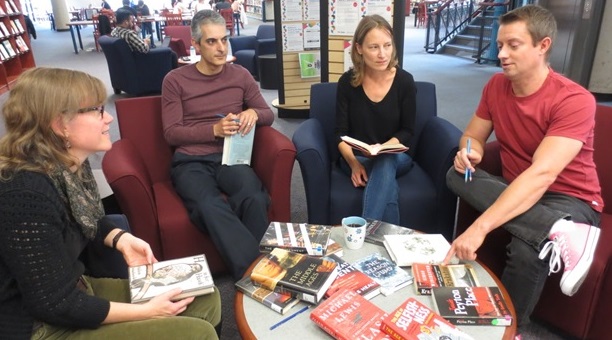“Yes, I am aware that the speakers of these languages would not find their languages unusual, but I have observed this ‘unusualness’ from the perspective of the largest number of people, who speak more numerous and better-known languages.”
I don’t buy this criterion for “unusualness”. As a scholar of minority and severely-endangered languages, I would never consider any of the languages I have studied to be unusual based upon their number of speakers alone.
The blurb on the bottom of the front cover tells the real purpose of this book. Nikolić included languages based on their figuratively insular status. If they were a small language surrounded by a dominant language, they were included in this book. Thus Basque, Sorbian, Breton and the tiny pockets of German spoken in South America. But Pitkern and Ni’ihau Hawaiian? Those are literally insular languages but they are not threatened by any outlying language. Nikolić chose a random hodgepodge of languages, including many tiny “islands” that I had never heard of before, yet ignored others of greater size. I wish he had discussed Obersaxen, an island of Swiss German surrounded by Romansch. This particular idiom is unintelligible to other Swiss Germans–and I have visited the area with them and heard as much. But that is going one degree too deep–he didn’t even write about Romansch and its state within Switzerland.
Immigration or forced deportations brought some languages far from their homelands and some continue to thrive, centuries later. Yet these languages as well as minority languages when considered as “islands” in a sea of otherness do not make them unusual.
The author used the same passage from Le Petit Prince to compare languages from the same family. As a collector of multilingual editions of this book, I found those passages most interesting.
Find this book in the Mississauga Library System's on-line catalogue

